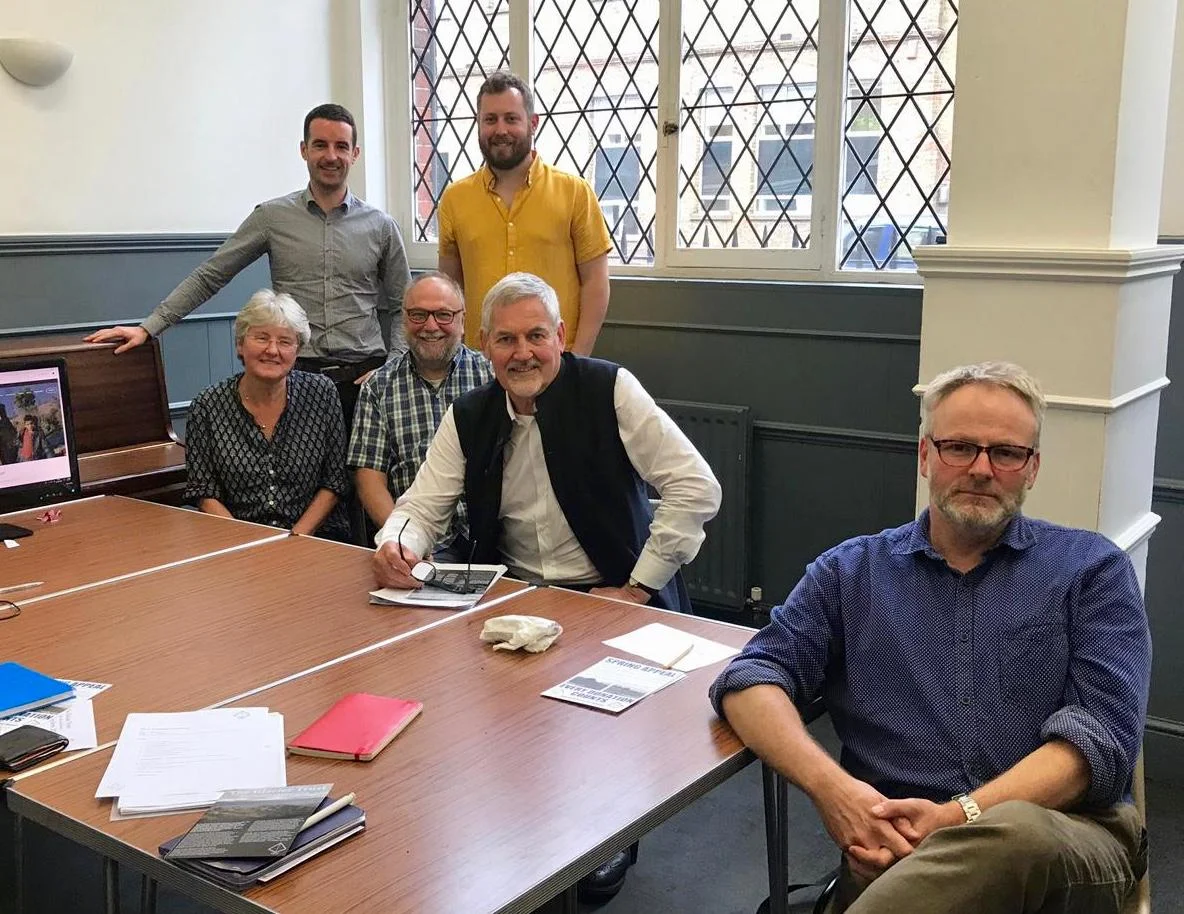Our UK co-Director, Morgan Phillips, is in Nepal to monitor our project work. Here is his third diary entry.
Thursday 17th October
The nine students and two teachers from GSIS school, trekked out of Deusa this morning after spending four nights with us. It was great to spend time with them and observe how their understanding and appreciation of life here grew over the week.
They have a day in Kathmandu before they head back to Hong Kong and it was really lovely to listen to their ideas on how they plan to raise funds for our work here.
Since my last entry we’ve visited Aranjit Rai and his family on their farm just below Deusa Secondary School. Aranjit told us how he’d witnessed the climate changing in Deusa over the last few decades and how it was forcing him into a process of continuous adaptation as new challenges relating to water supply and insect pests kept appearing.
We met his son Dilli Rai too, he has recently returned from working in South Korea and over the last few months has benefited from the resources, support and advice being provided here by our partner NGOs.
We spent the afternoon learning and playing with children from Deusa Secondary; after some initial shyness the students all started to bond through the shared language of music, dance, volleyball and football!
On Wednesday, we trekked down to Amar Rai’s farm on the eastern side of Deusa. I’ve met Amar before, he is an innovator and one of Deusa’s ‘lead’ farmers - a role model for his neighbours. His plant nursery is extraordinary, though not without its challenges. Like many farmers here, his citrus fruits are infected with fruit fly larvae.
This is one of the ways climate change is causing havoc for farmers. On the recommendation of the AFRC, he hangs traps in his orange trees that attract flies at night. Amar says this hasn’t solved the problem, but has made it more manageable. More farmers need this advice and these traps.
























